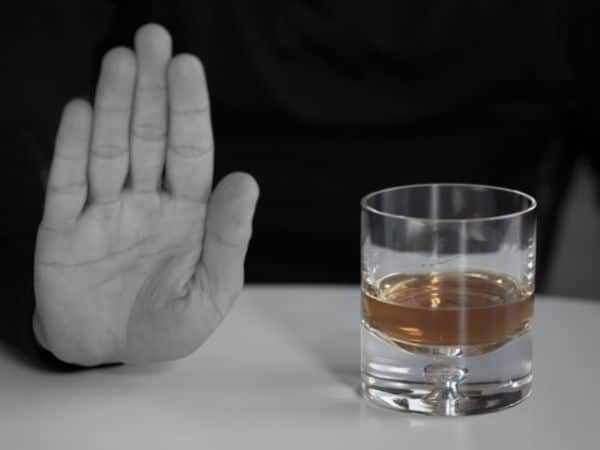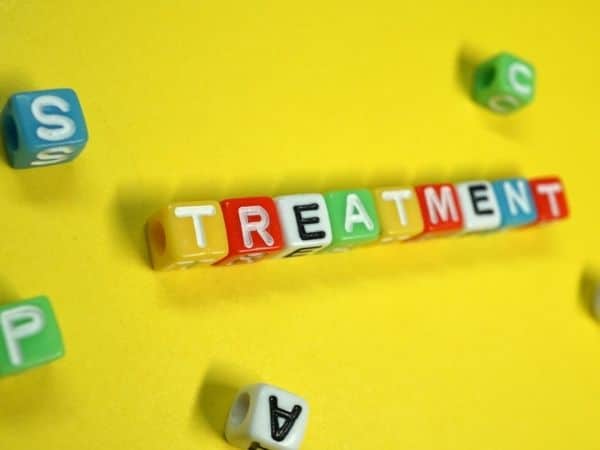In America, millions of people struggle with some form of alcohol use disorder. According to the National Institute of Alcohol Abuse and Alcoholism (NIAAA), there were 14.5 million reported cases of alcohol use disorder in 2019 in those who are 12 years of age and older. Unfortunately, only 7.2% of this group sought treatment.
One reason may be a fear of the withdrawal symptoms associated with alcohol that can appear just hours after the last drink. Because withdrawal symptoms can be so severe, many people return to drinking to feel better. So when treatment professionals recognized this problem, they made significant efforts to make it easier to get sober, like with alcohol detox.
Alcohol Detox Treatment Explained
Alcohol changes the structure of the brain and how neurotransmitters or chemicals like dopamine are released. Over time, the brain gets used to alcohol being in the body and relies on alcohol to function. Also, going without alcohol for an extended period, the brain recognizes something is wrong, and it reacts by introducing withdrawal symptoms.

A formal alcohol detox program assists you during the detoxification process, which lasts from the time of the final alcoholic drink consumption until all alcohol leaves the body. During the detox stage, medical professionals will care for you around the clock and ensure your safety and comfort while you detox. With medical oversight and medications that can reduce severe withdrawal symptoms, you can focus on healing and learning the skills necessary to prevent relapse and maintain sobriety.
Alcohol detox can last from a few days to 10 or more days. However, depending on how long and how much someone has been drinking, withdrawal symptoms may require additional time in treatment.
Withdrawal symptoms appear in three stages.
Stage 1 Withdrawal Symptoms
In the hours soon after the last drink of alcohol up to 24 hours, you can expect withdrawal symptoms to range from mild to severe and include the following:
- Depression
- Anxiety
- Shakiness
- Mood swings
- Clammy skin
- Insomnia
- Nightmares
- Headaches
- Irritability
- High fevers
- Nausea/vomiting
- Intense cravings for alcohol
Medical care is recommended during this time because these symptoms can lead to further health issues like dehydration. In the next 24 to 48 hours, withdrawal symptoms may also increase in intensity.
Stage 2 Withdrawal Symptoms
As alcohol continues to leave the body, withdrawal symptoms continue to appear. The body is not used to functioning without alcohol. Therefore, it struggles to adapt. Withdrawal symptoms during this time may include
— Abnormal vital signs
— Tremors
— Insomnia
— Rapid heartbeat
— Seizures
— Confusion
— Excessive sweating
— High blood pressure
— Intense cravings for alcohol
Stage 3 Withdrawal Symptoms
Withdrawal symptoms appearing between 48 and 72 hours can be severe and include delirium tremens. They are also serious and need medical care to treat any of the effects, including seizures, convulsions, hallucinations, and confusion.
Additional severe symptoms in stage three, even without delirium tremens, can include
— Hallucinations
— Fever
— Seizures
— Confusion
— Agitation
Seeking professional help during this time is recommended.
Alcohol Detox Treatment

There are benefits to seeking alcohol detox in a treatment facility. Receiving assistance from psychiatrists or physicians, medical staff, and mental health and substance abuse counselors are a few examples. Counselors provide onsite therapy for both mental health and substance use coping needs. Doctors can also administer medications to alleviate withdrawal symptoms, including drugs for cravings and physical discomfort.
Medications Used in Alcohol Detox
Medications used to treat alcohol withdrawal symptoms will be chosen based on an extensive assessment of physical, psychological, family, and biological histories. The most common drugs used include Naltrexone, Disulfiram, Acamprosate, and Topiramate.
Naltrexone blocks the feelings of euphoria and the effects produces by alcohol. Disulfiram produces unpleasant effects, like breathing problems, nausea, and vomiting, if you decide to drink alcohol while on the medicine. Acamprosate and Topiramate help to repair the imbalanced chemistry caused by alcohol while also reducing withdrawal symptoms.
In addition to these medications that aid withdrawal, the medical staff can treat symptoms like nausea, dehydration, anxiety, depression, headaches, and sleep disturbances individually. They also provide nutritional support, behavioral counseling, and co-occurring disorder treatments.
As mentioned before, using medication assistance during alcohol detox makes you comfortable so you can focus on recovery. Continuing treatment after detox also gives you more time to adjust to sobriety and build relapse prevention skills.
Benefits of Continued Treatment

Completing alcohol detox is a big deal. It was a difficult process, and you made it through. It does not mean you are ready to return to your home environment, however. Detox is a first step in the recovery process. Continuing treatment can occur through various programs, including long-term residential treatment, short-term residential treatment, intensive outpatient program, and outpatient services.
The more time you spend in treatment, the more knowledge and power you will have to fight the urge to relapse. Studies have also found that those who did not seek treatment had higher relapse rates on alcohol, which can lead to dangerous consequences.
Also, research says that alcohol is the third leading preventable cause of death in America. Statistics like this show the importance of alcohol detox and long-term recovery treatment. There are many benefits of continued treatment, including the following:
— Learning early recovery skills
— Learning relapse prevention skills
— Improving communication skills
— Learning self-care skills
— Repairing relationships
— Receiving mental health care if needed
Developing an alcohol use disorder did not happen overnight. Healing cannot happen overnight either. Thus, every type of treatment in which you participate is a gift to yourself and those who love you.

So if you are ready to start alcohol detox or want more information, we can help. Summerhouse Detox Center is a premier treatment facility in Florida. We are located at 13550 Memorial Highway Miami, FL 33161. We have treatment specialists you can talk to 24/7 by calling 800-719-1090.

